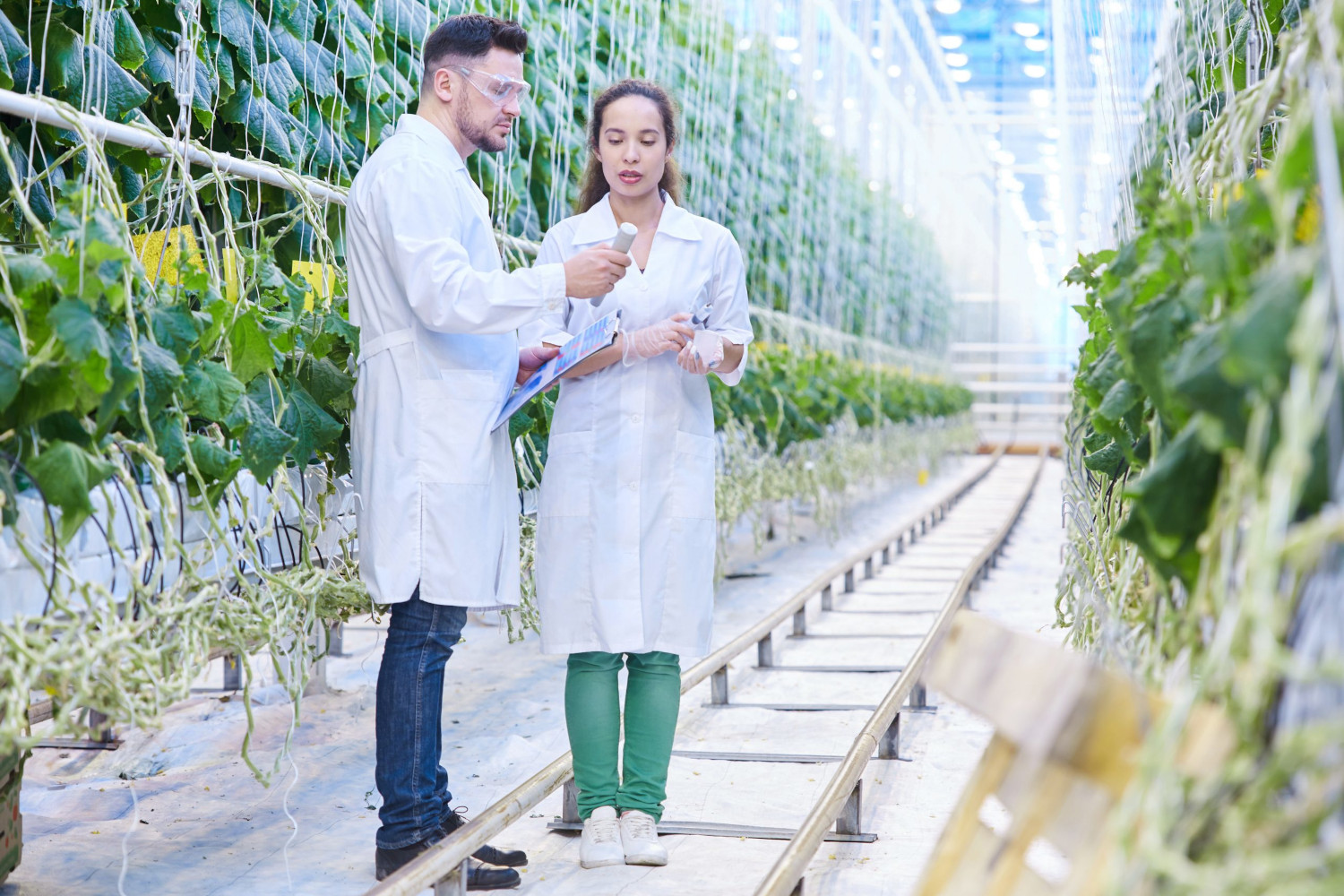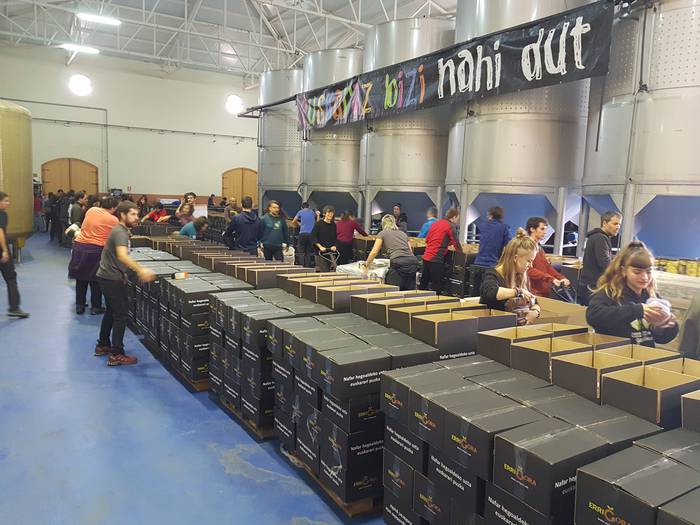Are we prepared to leave the food of the people to the market?
- Scientific evidence related to agroecology is fundamental in the design of public policies on food systems. Currently, large private corporations linked to agro-industry finance scientific research and absorb governance spaces. This is ASUNEK's first collaboration with the ARGIA Vital Garden. In the path of agroecological food systems, we will try to land the knowledge that comes from research and complement food with the practices of agents that strengthen food sovereignty in daily life.

In this paradox of science neutrality, we seek scientific evidence to face the current eco-social crisis from agroecology, addressing fair and normative public policies to strengthen local cultivation. Therefore, let us not forget that current public policies are designed with the help of science induced and financed by private corporations. For example, GM foods are essential to end global hunger, renewable energies will represent the consumption of fossil energies and will ensure a prolonged feeding of the engine of the capitalist system, the technification and digitization of agriculture in adaptation to climate change will save us, and a long and long time. Well, we may have to clarify this: the media are also interesting allies in extending and implementing scientific evidence.
In this sense, agro-industry is a unique “lobby”, of course, worldwide and also in our country! IPES Food spoke of this in its latest report, Who’s tipping the scales (Nor crouching scales), published last February. Specifically, the influence of corporate food companies on global agri-food governance processes.
To reverse this situation, the report presents us with three key principles for transforming the power structures of food governance. First, addressing the impact of corporations on food governance, taking measures to reduce the market power of companies. Secondly, to democratise governance and develop participatory mechanisms based on human rights to respond to the public interest. Third, the creation of autonomous processes, spaces for voices, demands and proposals of local movements.
This change in the structure of power implies a change of violent paradigm, since food goes from being managed under commercial interests to being a resource that responds to the public interest. And in this new panorama, does the public interest honestly know which feeding system needs to recover (or restore) to guarantee the quality of life of all?
Bizkaigane elkarteak elikadura burujabetzan oinarritutako proiektua du Errigoitin (Bizkaia), 1983tik. Instalazioak dauden lur eremutik aterarazi nahi du lur jabeak elkartea. EHNE Bizkaia sindikatuak adierazi duenez, instalazioek lege eta administrazio eskakizun guztiak betetzen... [+]
Martxoaren 10etik 26ra izango da udaberriko kanpaina. 'Beste modura, denona de onura' lelopean arituko dira gertuko ekoizpena, banaketa eta kontsumoa babestu eta sustatzeko, ager zonaldean euskara hauspotzen duten bitartean. Apirila amaieratik aurrera jasoko dira... [+]
Euskal Herriko bi muturretatik datoz Itziar (Bilbo, 1982) eta Ekaitz (Erriberri, 2002), sortzen ari den Burujabetzaren Aldeko Mugimenduaren berri ematera. Euskal Herrian diren burujabetza prozesu ugariak arloz arlo bultzatu eta indartu nahi ditu BAMek. Lan horretan hasteko,... [+]
Emakume bakoitzaren errelatotik abiatuta, lurrari eta elikadurari buruzko jakituria kolektibizatu eta sukaldeko iruditegia irauli nahi ditu Ziminttere proiektuak, mahai baten bueltan, sukaldean bertan eta elikagaiak eskutan darabiltzaten bitartean.






















